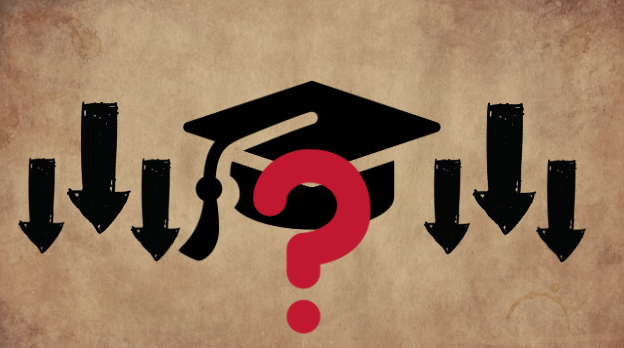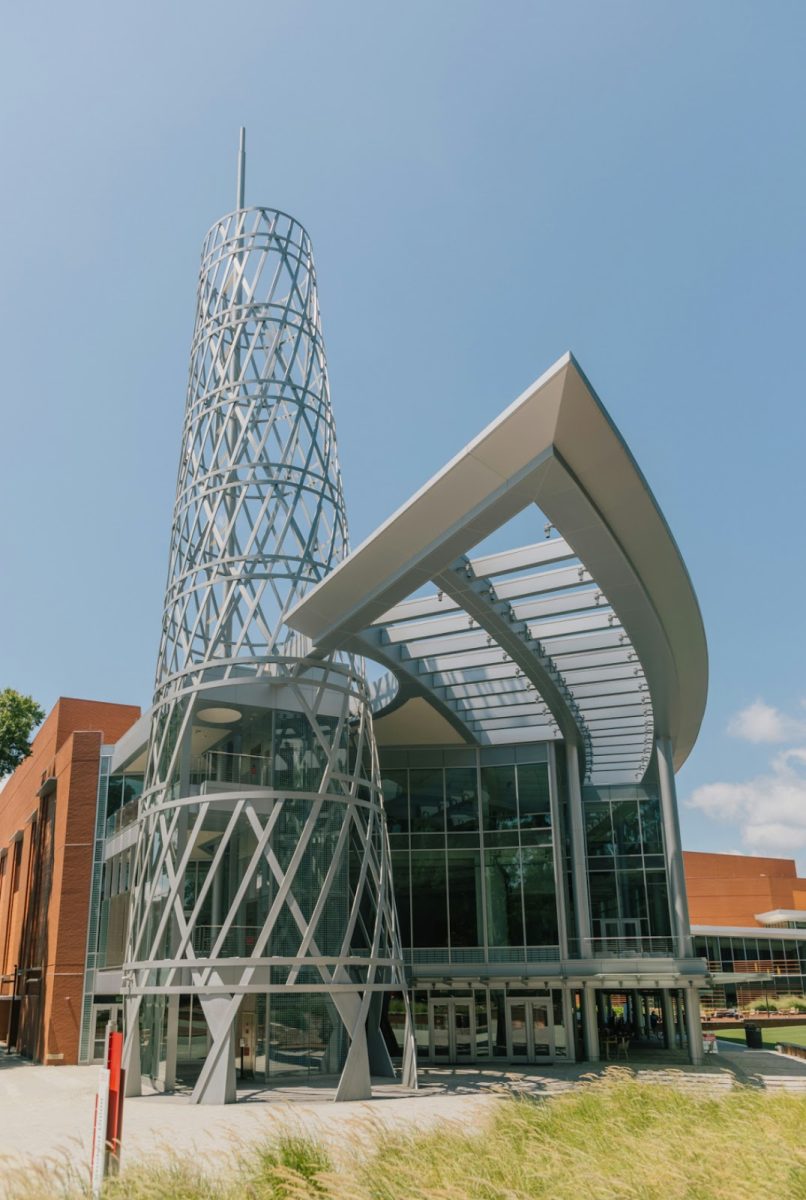College enrollment is continuing to decline since its initial fall in 2010. In 2021, the college enrollment rate was at a record low of 38.1%. The decline is attributed to the birth rate crisis, which reached a high of around 1.62 births per woman in the last decade. The number of children being born is closely related to how many eligible students can attend college, meaning if the birth rate declines so will the number of students.
One cause for the enrollment and birth rate decline is considered to be the Great Recession in 2007-2009, a global economic decline triggered by the 2007 housing crisis. The Great Recession caused a rise in homelessness and put financial strain on families, shrinking the birth rate. The economic fall initially spiked college enrollment rates because people searched for higher education under an imposing crisis, but once the economy recovered enrollment rates dropped. Another popular source reviewed is the current social state of the country.
At present, women are able to access higher education and have the resources necessary to provide for themselves. Because women have access to education, they are able to better decide when they want to have children. With this knowledge, women will generally wait later to have kids until they are in a spot where they can support that lifestyle. Access to reproductive healthcare is also a rising concern among women who worry about complications with their pregnancy. Many college-aged students might overlook the importance of higher education and not deem it necessary for them to succeed.
A study conducted by Pew Research Center found that “Roughly half (49%) say it’s less important to have a four-year college degree today”, showing that most don’t consider college crucial to succeed. Rather than going to college, some believe it is more effective to start working immediately and gain experience than to take on student loans.
A majority of college students don’t consider the cost of student debt to be worth a higher education. According to Pew Research, 57% of those who completed the form believe that a college degree is less important than it was 20 years ago. Young Americans don’t believe that attaining a college degree is really important to achieve a well paying job. Essentially, the number of college students who believe in higher education outweighs the number who don’t. Generally speaking those who ascertain a college degree are more likely to succeed and reach higher paying jobs, while those who don’t usually end up in the workforce.
The relationship between the number of children being born and the number of students able to go to college is linearly connected. Combined with the uncertainties of college importance and families waiting longer to have kids, the number of people being born is diminishing. Overall, families are having less children or none at all causing the number of people able to attend college to sink. Other factors are also connected to the recent decline, with most no longer seeing a reason to attend college when they can make a living without it.
Plans are being put in place to encourage college affiliation, to attract new students so they’ll try and further their education. Colleges are losing money because of the fall which means a rise in tuition and having to cut unnecessary programs, but are also offering college ready programs. Measures are still being taken to combat the college attendance decline.












































































